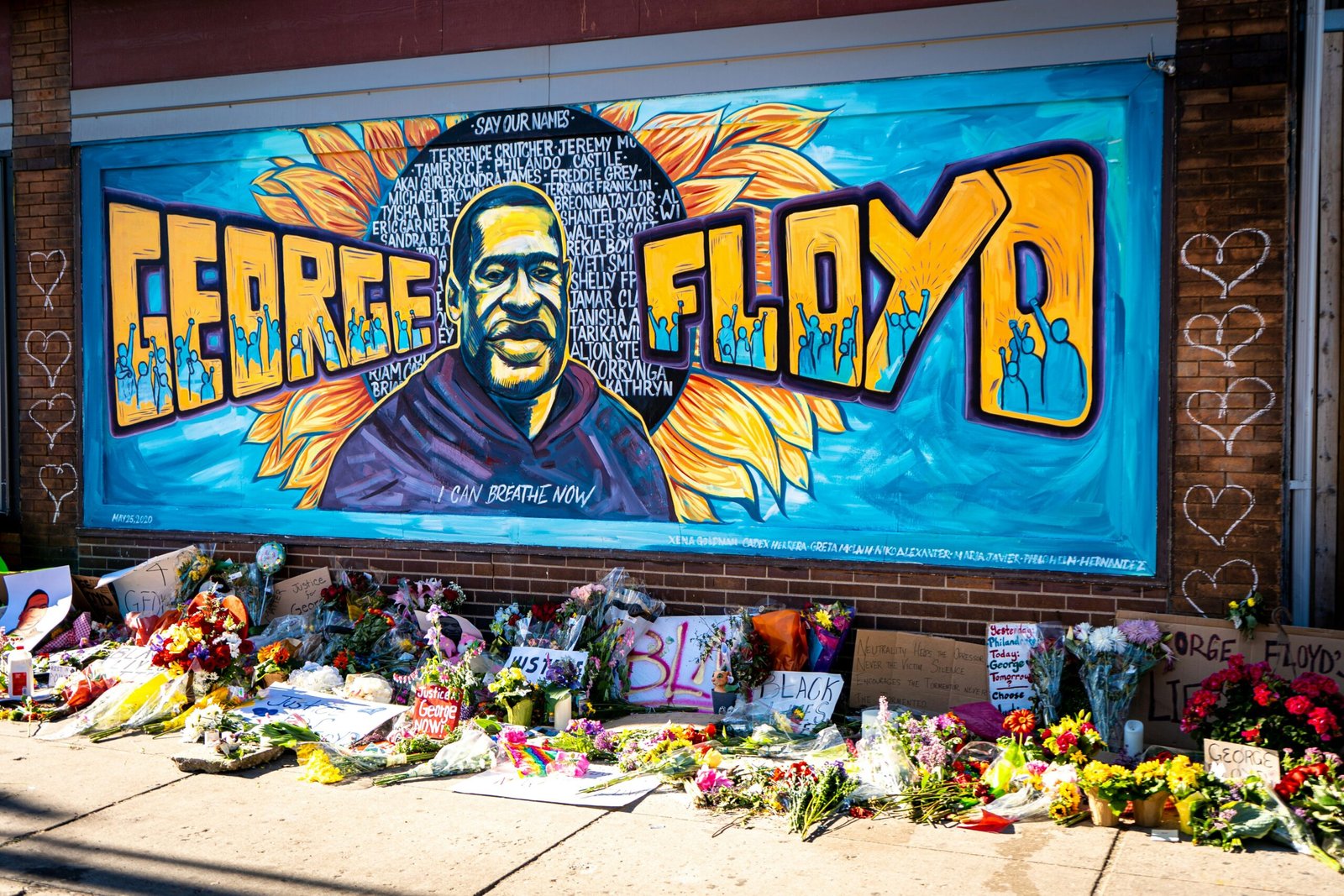The Charges and Their Historical Context
The tragic death of George Floyd on May 25, 2020, led to significant legal actions against the four police officers involved. On June 3, 2020, charges were brought against Derek Chauvin, who was initially charged with third-degree murder and second-degree manslaughter. These charges were subsequently upgraded to second-degree murder. The remaining officers, Thomas Lane, J. Alexander Kueng, and Tou Thao, faced charges of aiding and abetting second-degree murder and manslaughter. These charges marked a pivotal moment in the ongoing struggle against police brutality and systemic racism in the United States.
The events leading up to these charges are deeply rooted in the history of police violence in America. Historically, many cases of police brutality have not resulted in charges or convictions. For instance, the 1991 beating of Rodney King by Los Angeles police officers, which was caught on camera, led to the acquittal of the involved officers in state court, sparking the 1992 Los Angeles riots. Similarly, the 2014 death of Eric Garner in New York City, who died after being placed in a chokehold by a police officer, did not lead to any charges against the officers involved.
The charges on June 3, 2020, in connection with the death of George Floyd, are therefore significant. They represent a departure from the historical trend of impunity in cases of police violence. This shift can be attributed to the widespread public outcry, massive protests, and the advent of social media, which amplified the visibility of these incidents and increased public pressure on authorities to act.
Analyzing the historical context reveals a pattern of systemic issues within law enforcement, where officers often escaped accountability despite evidence of misconduct. The charges against the officers involved in George Floyd’s death indicate a potential shift towards greater accountability and a response to the call for justice. As such, the events of June 3, 2020, may be seen as a turning point in the legal and societal approach to addressing police brutality.
The Impact on the Black Lives Matter Movement and Calls for Police Reform
The tragic death of George Floyd on May 25, 2020, had profound repercussions not only within the United States but also globally. On June 3, 2020, charges in connection with the death of George Floyd were filed against the officers involved, further intensifying public outrage and catalyzing a resurgence of the Black Lives Matter (BLM) movement. This movement, initially founded in 2013, gained unprecedented momentum as millions of people took to the streets to protest police brutality and systemic racism.
Floyd’s death acted as a stark reminder of the pervasive issues within law enforcement, igniting renewed calls for comprehensive police reform. Protesters across various cities demanded significant changes, including the defunding of police departments, reallocating funds to community services, and implementing stricter accountability measures for officers. These demands aimed to address not just the symptoms but the root causes of systemic racism in policing.
The impact of these protests was palpable. Public opinion shifted significantly, with more people recognizing the need for police reform and racial justice. This shift in sentiment was reflected in numerous policy changes and legislative actions. For instance, some cities, such as Minneapolis and Los Angeles, took steps to reallocate portions of their police budgets to community-based programs. Additionally, several states enacted laws mandating body cameras for officers and banning chokeholds.
Moreover, the BLM movement’s influence extended to corporate and institutional levels. Companies and organizations issued statements of solidarity, pledged donations to racial justice causes, and reviewed their internal policies to promote diversity and inclusion. Educational institutions and media outlets also amplified discussions around systemic racism, further raising awareness and fostering dialogue.
External references provide valuable insights into the broader context of these developments. The Black Lives Matter movement’s official website offers a comprehensive overview of their demands and initiatives. Various scholarly articles delve into systemic racism within law enforcement, while police reform initiatives highlight ongoing efforts to address these critical issues.
In conclusion, the death of George Floyd and the subsequent June 3, 2020, charges in connection with his death were pivotal moments that galvanized a global movement for racial justice and police reform. The widespread protests and demands for change underscored the urgent need to address systemic inequities, leaving a lasting impact on public policy and societal attitudes.

